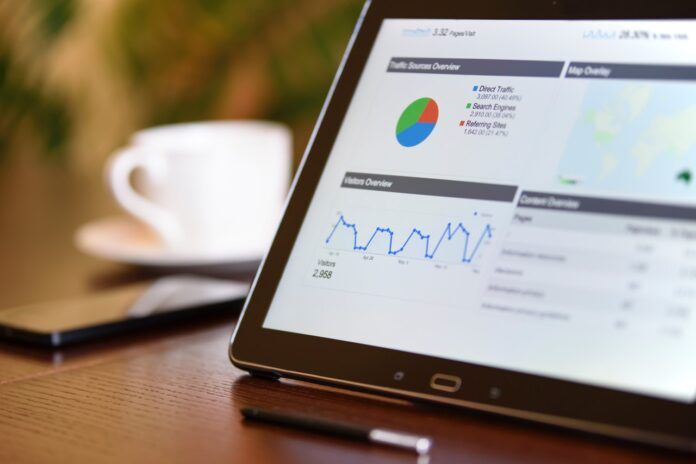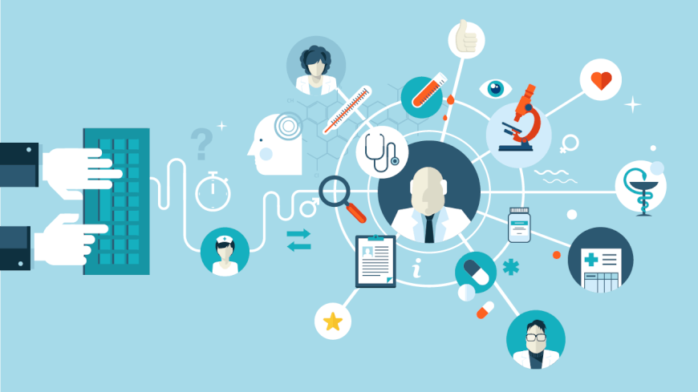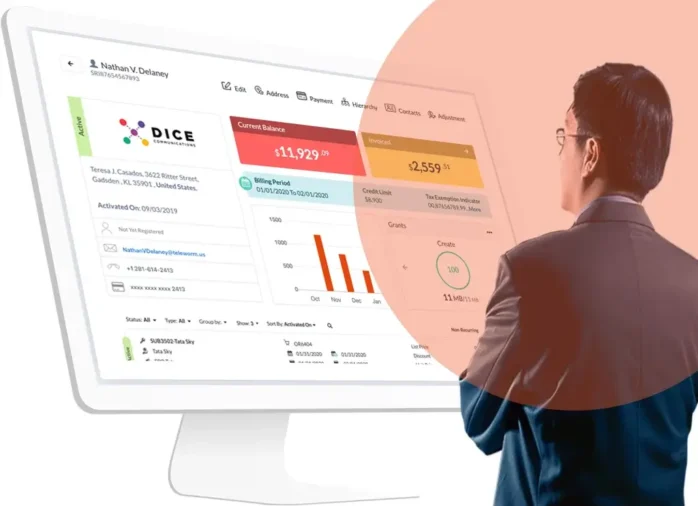
As a small business owner, managing finances can be a daunting task. You need to keep track of expenses, invoices, payments, and more. With so much to do, it’s easy to make mistakes that could cost you money or damage your reputation. Fortunately, there is a solution – billing software.
What is Billing Software?

Billing software is an application that helps you manage your finances by automating tasks such as creating invoices, tracking expenses, and generating reports. It can save you time and money while reducing the risk of errors.
Benefits of Using Billing Software
1. Time Savings

One of the biggest benefits of using the best billing software for small business is the time savings it provides. By automating tasks such as invoicing and expense tracking, you can focus on other aspects of your business without worrying about administrative work.
2. Reducing Errors
Manual calculations can lead to errors which could result in overcharging or undercharging clients or suppliers leading to a loss in revenue or lack of trust from clients/suppliers in future transactions. Billing software eliminates this risk by automatically calculating amounts based on pre-set formulas.
3. Improved Cash Flow Management

With billing software, you can easily generate invoices when they are due making sure payments are received on time hence improving cash flow management.
4. Easy Financial Reporting
Billing software provides detailed financial reports which help you understand how much money you’re making/losing, who owes you money, and what expenses are costing you money. This information will also help during tax season.
5. Better Customer Relationship
It enables easy communication between customers regarding their bills through automated emails reminding them about pending payments, late payment fees, etc. The improved transparency increases customer satisfaction levels leading to better relationships with customers.
The role of data analytics in improving billing processes

Data analytics can play a crucial role in improving billing processes for small businesses. Here are some ways that data analytics can help:
Identifying errors: By analyzing data, businesses can identify errors such as overcharges or undercharges, and take steps to correct them.
Improving cash flow: Data analytics can help businesses identify late-paying customers and take proactive measures to improve cash flow, such as offering discounts for early payment.
Forecasting revenue: With data analytics, businesses can forecast future revenue based on historical billing data and make informed decisions about staffing, inventory management, and other business operations.
Optimizing pricing: By analyzing customer behavior and market trends, businesses can optimize their pricing strategies to maximize revenue while remaining competitive.
Streamlining processes: By identifying bottlenecks in the billing process through data analysis, businesses can streamline processes and reduce the time it takes to generate invoices and receive payments.
Increasing customer satisfaction: By analyzing customer feedback related to billing processes, businesses can make improvements that increase customer satisfaction and retention rates.

In conclusion, billing software provides small business owners with a range of benefits that can help them streamline their operations, reduce errors and save time. From automating invoicing and payment processing to generating financial reports and tracking expenses, billing software offers a cost-effective solution that can help businesses grow and succeed in today’s competitive marketplace. By investing in the right billing software, small business owners can focus on what they do best — running their business — while leaving the administrative tasks to technology.





